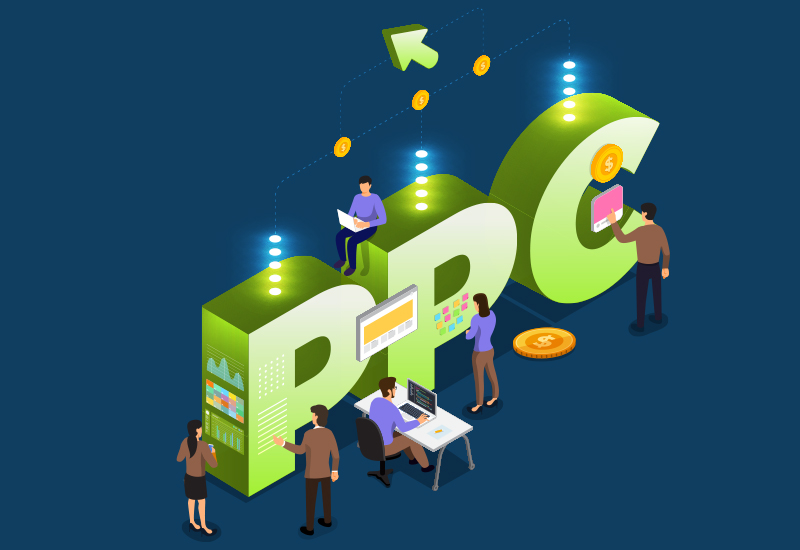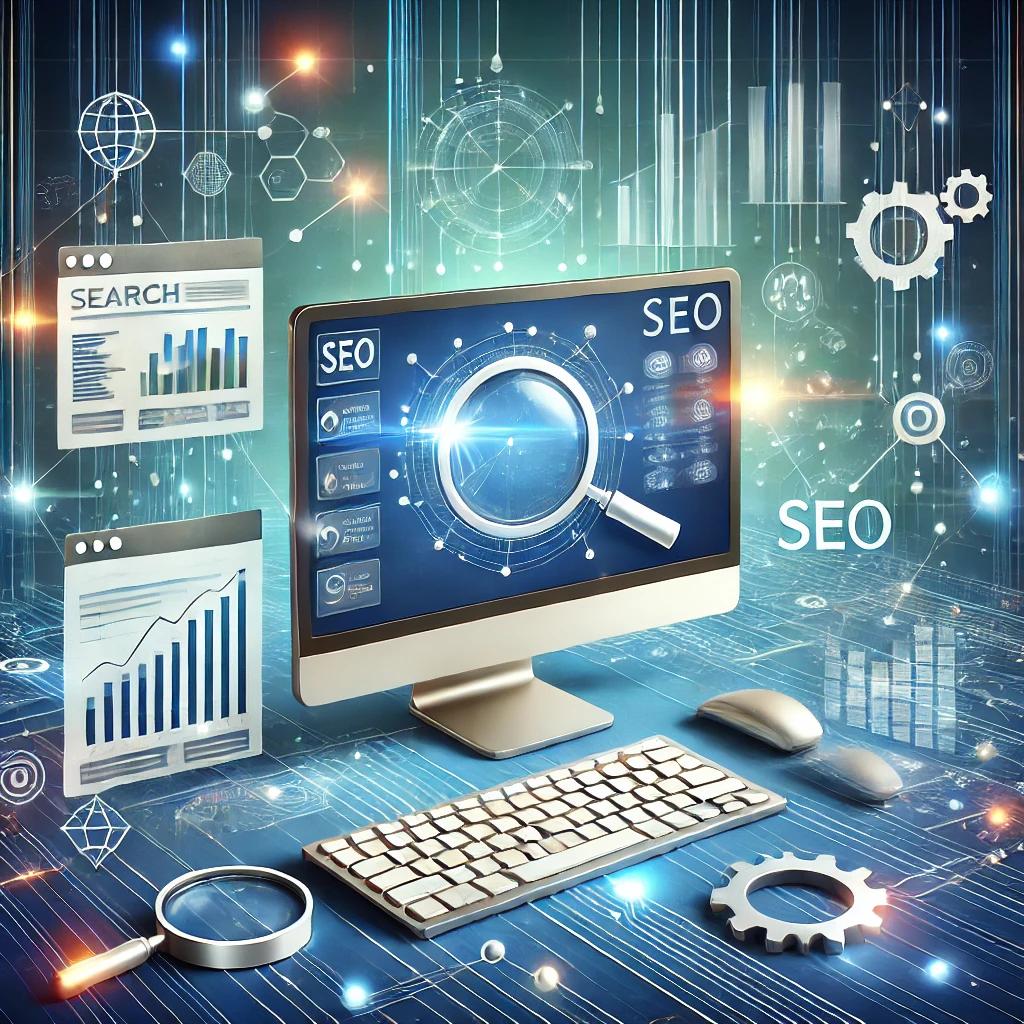2018 was a huge year for PPC marketing. There were several massive changes in the paid search landscape – the launch of new campaigns, enhanced features, better targeting capabilities, new tools and more.
How do these big changes and trends impact PPC advertisers in 2019? That’s one of the big questions in everyone’s mind. Here, in this article, we take a look at how the trends and changes of 2018, shape the way paid search marketers will work in 2019 and beyond.
1. Google Ads Gets a New Name and a New UI
Google announced the name change of Adwords to Google Ads, in June 2018. This name change reflects the platform’s move away from keywords. Going forward keywords will play a lesser role in paid search marketing and will be more focused on audiences. Additionally, the name change of the platform indicates Google’s growth beyond text ads to ads of different formats and across a variety of sites and apps.
The new Google Ads UI is more of a command centre than the previous dashboard style. There’s a new YouTube reach planner, the ability to make changes right from the Overview section, notes and several other new features.
Experts predict that this new UI will be the most significant change in PPC for 2019. There are several new ways to segment data, and finally, marketers will make the shift from keywords and text ads, to new categories of ads.
2. Enter the Era of Amazon’s Advertising
2018 was the year when Google, Bing, and Facebook recognised the role of the e-commerce giants when it came to PPC marketing. According to reports by eMarketer, Amazon is currently the third-largest digital ad marketplace in the US. Though it’s far behind Google and Facebook, Amazon’s ad revenue is expected to skyrocket in the coming years.
What does this mean for paid advertisers? Experts predict that paid advertisers will lean towards Amazon, both in terms of budget allocations and campaign management.
With the ad format in Amazon, different from Google and Bing, advertisers will have to develop distinct practices specifically for the platform. Though Amazon’s ad management and reporting capabilities are nowhere near Google, right now, experts expect to see significant progress this year and in the coming years.
3. AI-Powered Insights
While AI in marketing has been around for some time now, both Google and Bing allocated significant resources for AI-research in 2018. This helps in improving AI-driven recommendations in both the search engines.
The Competition tab from Bing offers performance insights and other location-based recommendations, powered by machine learning networks. Google also offered better data visualisations, which help advertisers track the performance of their campaigns, effectively.
How do these impact the advertiser? With quicker insights powered by AI, advertisers will spend lesser time on analysing spreadsheets and instead focus on developing their marketing strategy and creative tactics.
4. Increase in Cross-Channel Advertising
Today, the digital marketing space is so varied, and there are plenty of channels and platforms, all offering different benefits to the advertiser. In the coming years, you can expect advertisers focusing on cross-channel and cross-device attribution.
However, while it’s easy to build and co-ordinate multi-channel campaigns, reporting silos is still a major challenge for paid advertisers. Advertisers can expect new tools that make it easy to monitor and track performances for cross-channel advertising campaigns.
5. Video will Continue to Play a Significant Role
Though video marketing has been around for a long time, the trend doesn’t seem to die away, anytime soon. PPC marketers should plan on including video into their strategies to gain coveted placements on SERPs.
Even if you don’t want to increase spends on video marketing, you can still leverage YouTube audiences as part of your PPC search campaigns. And, experts predict that more platforms will adopt Google’s recent introduction of vertical video ads.
Looking Ahead for 2019
2018 was a significant year for PPC. With the arrival of Amazon, depreciation of keywords and the increasing role of machine learning and AI, 2019 presents several new challenges and opportunities for paid advertisers. And, PPC advertisers have to embrace these new trends, to stay ahead of the pack and create successful campaigns.





